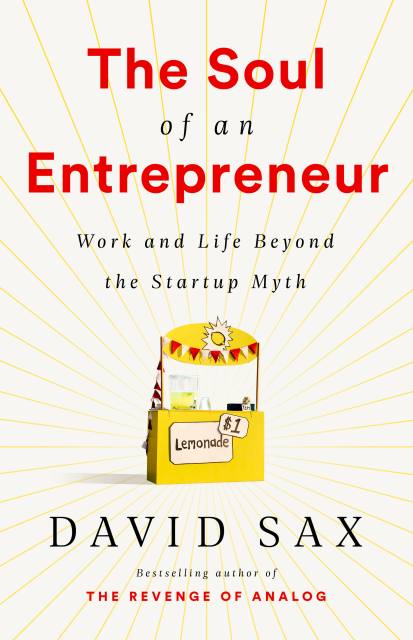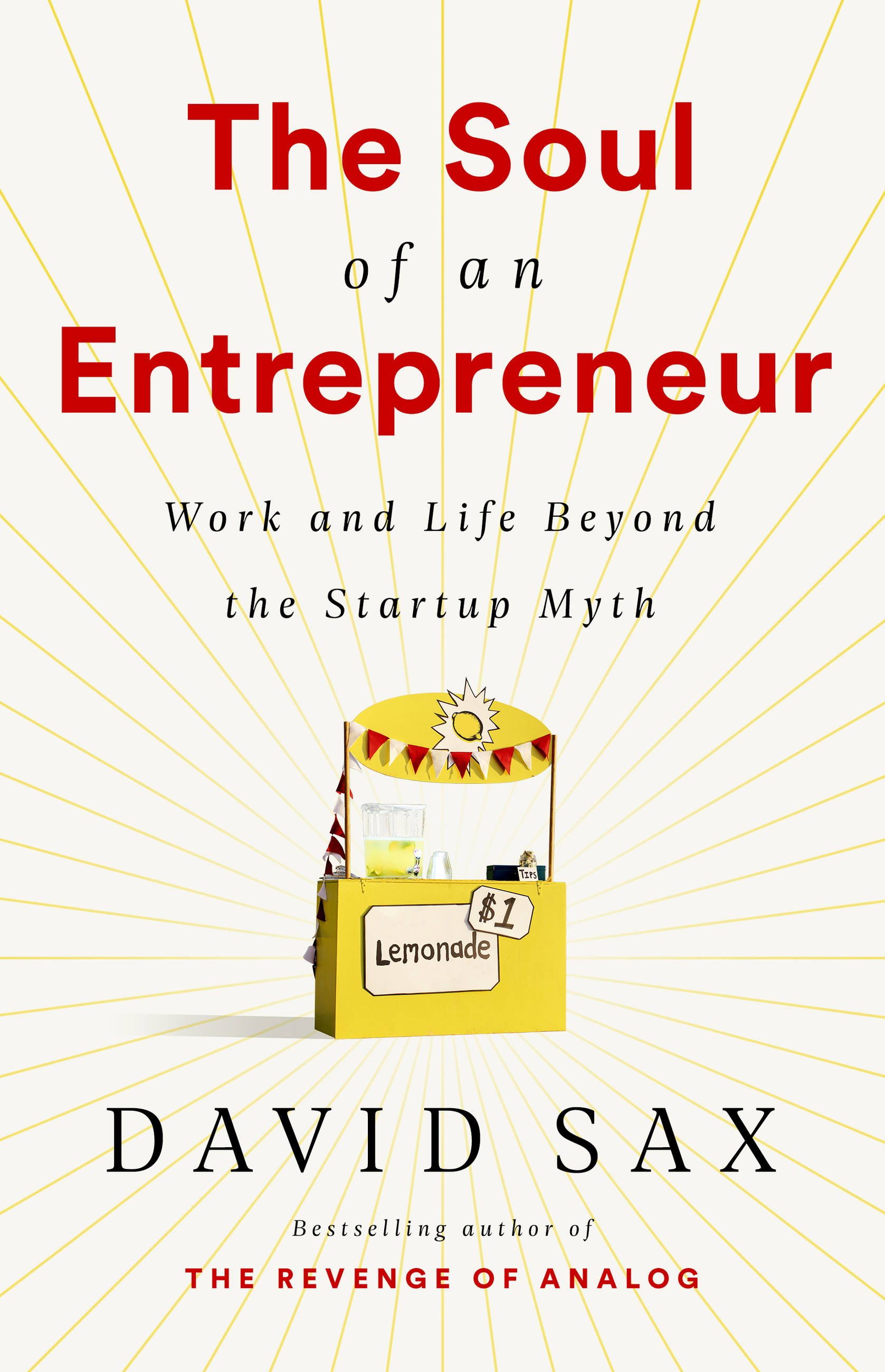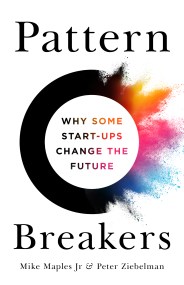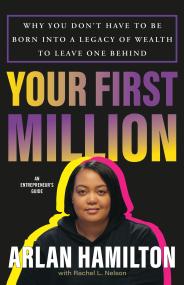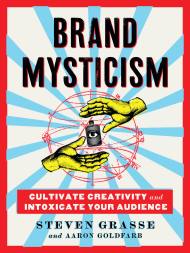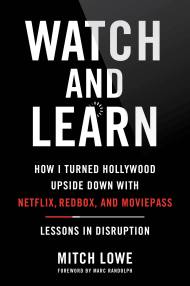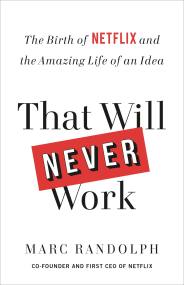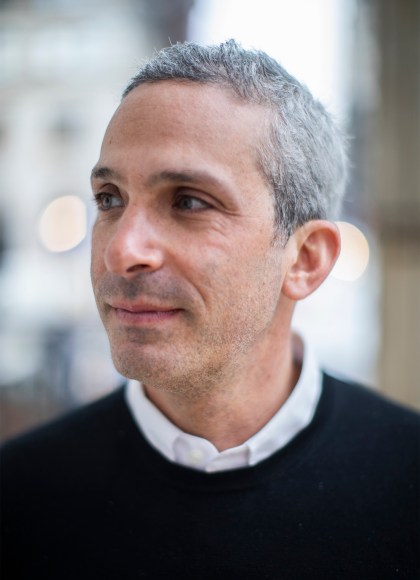Promotion
Sign up for our newsletters to receive 20% off! Shop now. Exclusions apply.
By clicking “Accept,” you agree to the use of cookies and similar technologies on your device as set forth in our Cookie Policy and our Privacy Policy. Please note that certain cookies are essential for this website to function properly and do not require user consent to be deployed.
The Soul of an Entrepreneur
Work and Life Beyond the Startup Myth
Contributors
By David Sax
Formats and Prices
Price
$17.99Price
$22.99 CADFormat
Format:
- Trade Paperback $17.99 $22.99 CAD
- ebook $16.99 $21.99 CAD
- Audiobook Download (Unabridged)
This item is a preorder. Your payment method will be charged immediately, and the product is expected to ship on or around November 1, 2022. This date is subject to change due to shipping delays beyond our control.
Also available from:
We’re often told that we’re living amidst a startup boom. Typically, we think of apps built by college kids and funded by venture capital firms, which remake fortunes and economies overnight. But in reality, most new businesses are things like restaurants or hair salons. Entrepreneurs aren’t all millennials — more often, it’s their parents. And those small companies are the fabric of our economy.
-
"Though the book understandably omits the recent appearance of the new coronavirus, Covid-19 has given it a timely relevance... We...come away with an appreciation of the daunting challenges faced by small businesses and, most poignantly, by those who supply our food."Wall Street Journal
-
"You may think business books are not for you--that's why you need to read this one. David Sax takes us on a tour of real, non-digital businesses--from beauty salons to Syrian bakeries--that is both enlightening and inspiring. If this book doesn't make you want to start a company, you probably already own one."AJ Jacobs, New York Times-bestselling author of The Year of Living Biblically and It's All Relative
-
"A necessary corrective to Silicon Valley's stranglehold on the meaning of entrepreneurship. David Sax's latest will get you fired up about the many different ways to build a meaningful life by striking out on your own."Cal Newport, New York Times-bestselling author of Digital Minimalism and Deep Work
-
"David Sax looks at entrepreneurship in a whole new way, drawing out valuable lessons for anyone who wants to lead more a passionate and productive life."Sheelah Kolhatkar, staff writer at The New Yorker and bestselling author of Black Edge
-
"The Soul of an Entrepreneur reclaims entrepreneurship for the 99.99% of businesspeople who aren't at the helm of billion-dollar corporations. David Sax writes poetically (and often humorously) about what makes these everyday entrepreneurs tick, and why tens of millions of us choose entrepreneurship over the corporate rat race."Adam Alter, New York Times-bestselling author of Irresistible and Drunk Tank Pink
-
"A fascinating and humane book that changes the very meaning of entrepreneurship. Don't even think about starting a business without reading The Soul of an Entrepreneur."Seth Stephens-Davidowitz, New York Times-bestselling author of Everybody Lies
-
"David Sax brilliantly zeroes in on the crucial questions we must ask ourselves--and insights we must consider--as we begin the entrepreneur's task of making something from nothing. If you wish to start a company, this book will help you act with intention and make an impact."Scott Belsky, founder of Behance and bestselling author of The Messy Middle
- On Sale
- Nov 1, 2022
- Page Count
- 304 pages
- Publisher
- PublicAffairs
- ISBN-13
- 9781541736016
Newsletter Signup
By clicking ‘Sign Up,’ I acknowledge that I have read and agree to Hachette Book Group’s Privacy Policy and Terms of Use
